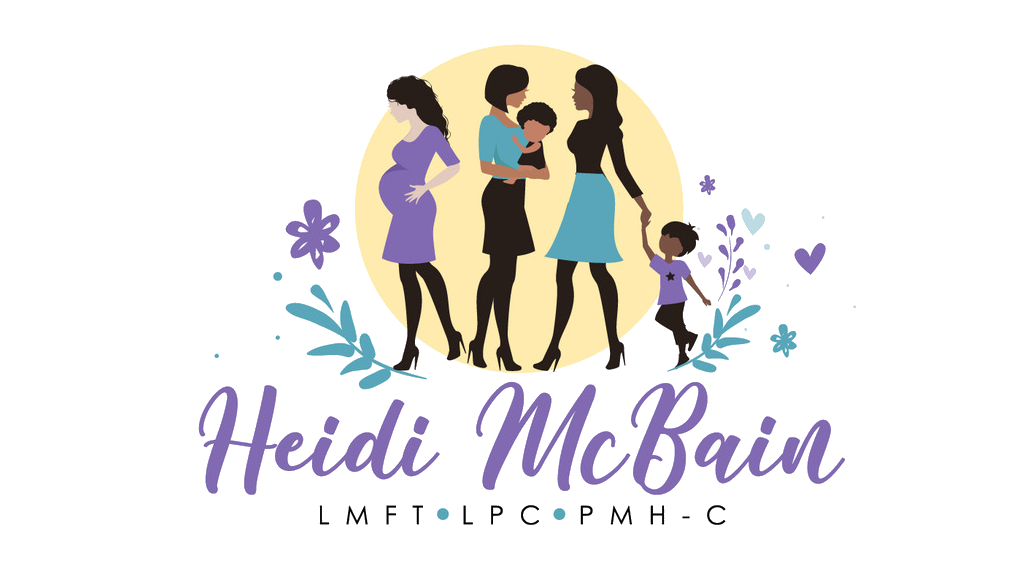

My dad’s birthday was last week; he would have been 73 years old. Instead, this was the second year I celebrated his life without him here. This year was even harder than the last one. This birthday somehow caught me by surprise. Year two was supposed to be easier than year one, right? I have gotten through these anniversary dates already, so why is this year so much harder?
What I am realizing now is that year one was so very, very hard, but as I was covered and blanketed in a deep, dark fog of grief and loss, some of that actually protected me too. Last year I was not myself- I was sad, I was unsocial, I was depleted and had very little to give to others- but I also knew deep down that I needed to face this pain head on (for fear of forever being a sad, isolated, depleted shell of myself).
I made a commitment to daily self-care (including exercise, healthy eating, 2-minute meditations, and journaling, to name a few), probably the first time ever in my life (and definitely the first time since becoming a mother), and little by little, day-by-day, I started getting bits of pieces of myself back.
In Megan Devine’s ever so helpful book It’s OK That You’re Not Okay: Meeting Grief and Loss in a Culture That Doesn’t Understand she writes about her young husband’s untimely death. What stayed with me was her writing about the early stages of grief and how the early grief can rob you of parts of yourself and leave you feeling like you will never get those parts back. She went on the discuss how thankful she was when these part of herself starting showing up again, but then, the even deeper pain came too.
This is how I felt on my dad’s birthday last week. The fog had lifted, I was feeling more like myself again, and was coming to terms with his loss; and then his loss hit me even harder than the year before. Whereas last year I did not truly understand the depths of missing him, this year I truly got it. I would never again hear his stories about my childhood; he would never again make my children laugh; he would never again bond with my husband over sports/over life; he would never again call me “daughter.” These, and so, so many more, are the losses that I now see and feel and understand, even more clearly than I did a year ago.
In the early stages of grief, being gentle with yourself and coming up with things you can do everyday, just for yourself, can be helpful.
**The following is a list of 15 self-care ideas:
(This list is an excerpt from my book Life Transitions: Personal Stories of Hope Through Life’s Most Difficult Challenges and Changes)
- Write in a personal journal– try to write at least one page everyday.
- Exercise– even a quick walk around the block can help.
- Go outside– look at the beauty all around you.
- Meditate– start with two minutes of stillness everyday. Focus on your breath (and anytime your mind wanders, refocus on your breath).
- Mindfulness– pay attention to the moment you are currently in. It can be helpful to focus on the five senses: what are you hearing/ smelling/ seeing/ touching/ tasting?
- Eat healthy, nourishing, body healing foods– preferably whole foods
- Make sure you are getting enough sleep– you can use a mindfulness app (such as Relax Melodies) to help you relax before bed.
- Be vulnerable and ask for help from others– go to therapy, find a local support group, look to your church community for help, etc.
- Spend time with your family pet– a comforting presence you do not have to talk to.
- Read– fiction if you just need something light and fluffy to get your mind off all the changes. Non-fiction- something deep and heavy if you need to feel a connection to people who have gone though what you are currently experiencing.
- Participate in activities you have always enjoyed– often during and after a life transition these important activities get pushed aside by other things.
- Educate yourself on the transition– read books, surf the Internet, and talk to others, especially people who have been in your shoes.
- Volunteer your time– helping others can help you feel better too
- Start each day doing something small– even making your bed every morning will give you one small accomplishment before you even leave the house.
- Do things you find relaxing– take a bath, go for a massage, take a yoga class, etc.
If you could choose one self-care item that you could do each and everyday, just for yourself, what would you choose?
Mine is journaling… what’s yours?
